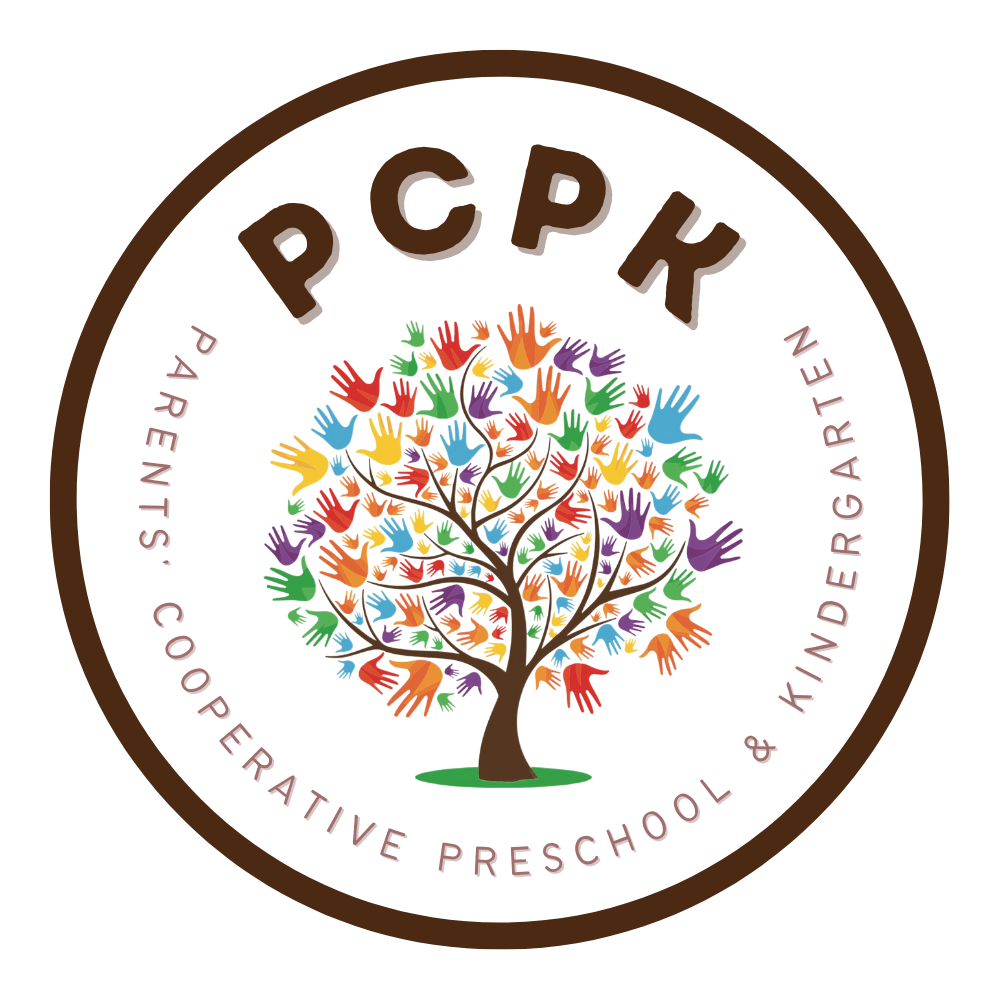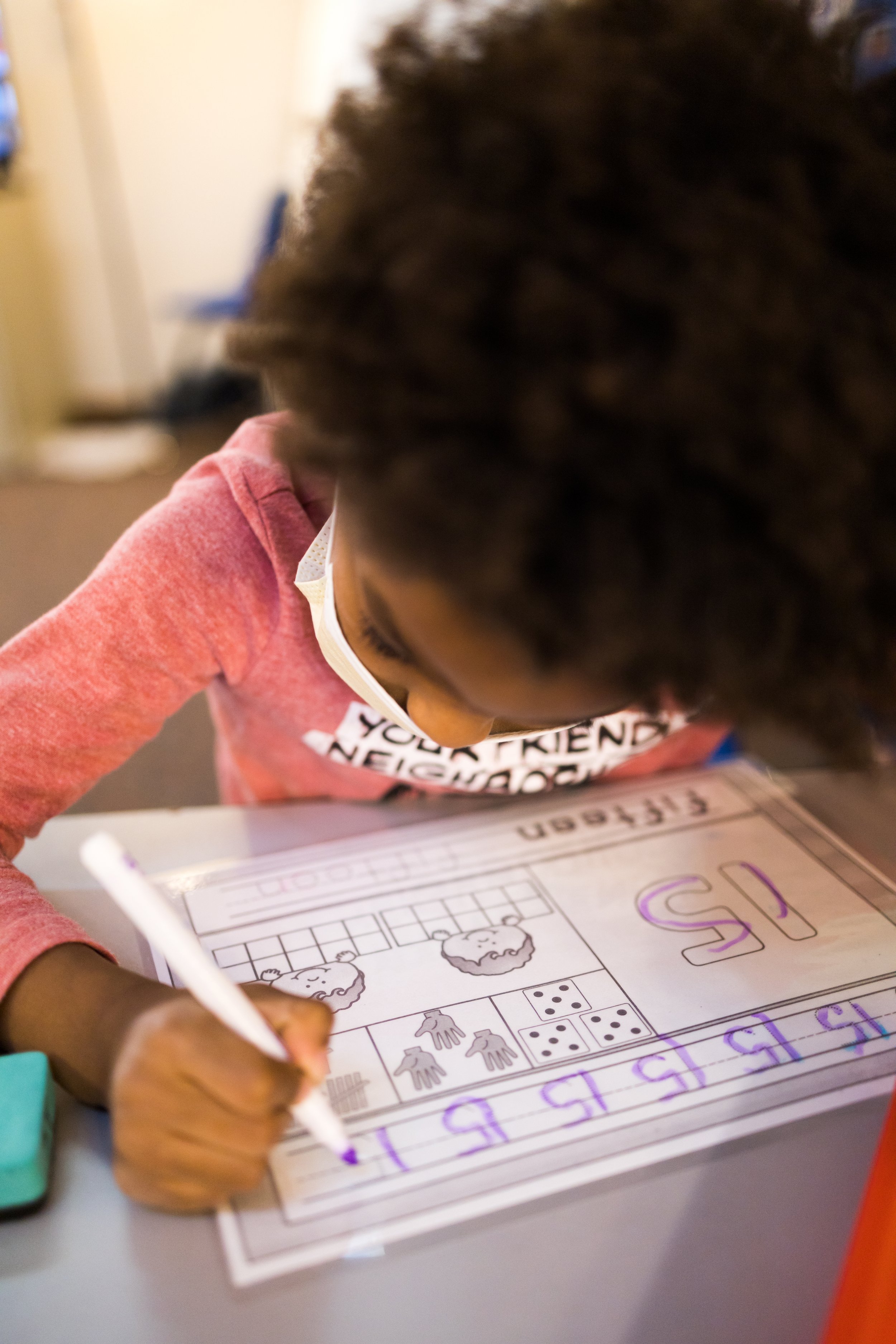Academics
The teachers and staff at PCPK are united in their belief that all children:
have the power to learn.
are curious & creative.
can succeed.
We want our students to experience their environment with wonder and awe as we encourage them and build on their natural strengths. When we foster children this way, they grow emotionally, intellectually, socially, and physically at a rate that is most comfortable to them.
PCPK is more than play.
While we are a play-based school, that doesn't mean academics take a back seat! Our staff is comprised of qualified teachers, with education degrees and prior teaching experience in public and charter schools. While school may just seem like fun, the activities are being designed by professionals with deep knowledge regarding age-appropriate skills and child development.
Our curriculum covers:
literacy (from letter recognition to phonics)
math (from counting and number recognition to early math calculation)
fundamental science (discovering basic concepts through nature and exploration)
social and emotional learning
Assessments & Progress Monitoring
We assess our students periodically and use the assessments to tailor instruction for each student's needs. No two students have exactly the same skills or needs, so we use assessments to help us differentiate instruction for all skill levels. Since we monitor progress periodically throughout the year, we’ll be in touch through parent conferences to discuss progress as well as any concerns.
We hold conferences after beginning-of-the-year and end-of-the-year assessments to discuss growth and skills. Middle-of-the-year assessments are completed, as well, but mid-year are optional.
Curriculum At a Glance
These are objectives we hope for students to begin at the beginning of the school year and work toward mastery by the end of the school year.
-
-Sort objects by shapes, colors, sizes, and texture.
-Count aloud 1-5.
-Tell first and last names.
-Answer “who” and “where” questions.
-Practice zippers, buttons, and snaps.
-Solve large-medium puzzles.
-Practice taking turns and sharing cooperatively.
-Begin to identify left from right on self.
-Use of manners.
-Follow two-part directions.
-Practice self-awareness and empathy toward others.
-
-Identify the letters in their name.
-Beginning tracing the letters in their name.
-Count to 10 aloud and with objects.
-Use a variety of writing utensils.
-Turn pages of a book from left to right.
-Build vocabulary and phonological awareness.
-Practice “writing” with a variety of materials.
-Play in the dramatic play center.
-Practice self-awareness and empathy for others.
-Listen to nonfiction texts about pets, wild animals, our world, and more.
-
-Practice tripod grasp of writing utensils.
-Use children’s instruments.
-Explore the world using the five senses.
-Build descriptive vocabulary.
-Count 0-20 aloud.
-Recognize the letters in first and last name.
-Write their first and last names with scaffolding.
-Know parents’ names.
-Listen to fiction and nonfiction texts.
-Stand on one foot for twenty seconds.
-Offers empathy to friends.
-Has multi-sentence conversations.
-
-Pay attention without disruption for at least 15 minutes.
-Write full name and identify letters.
-Retell a story with details.
-Use pictures to help decode words in books.
-Research a topic.
-Know and recognize all 26 letters, upper and lowercase.
-Know phonetically all 26 letters.
-Learn level-appropriate CVC words.
-Identify level-appropriate high-frequency words.
-Identify, write, order, and count objects 0-30.
-Cut along lines, curves, and points with scissors using the correct grasp.






